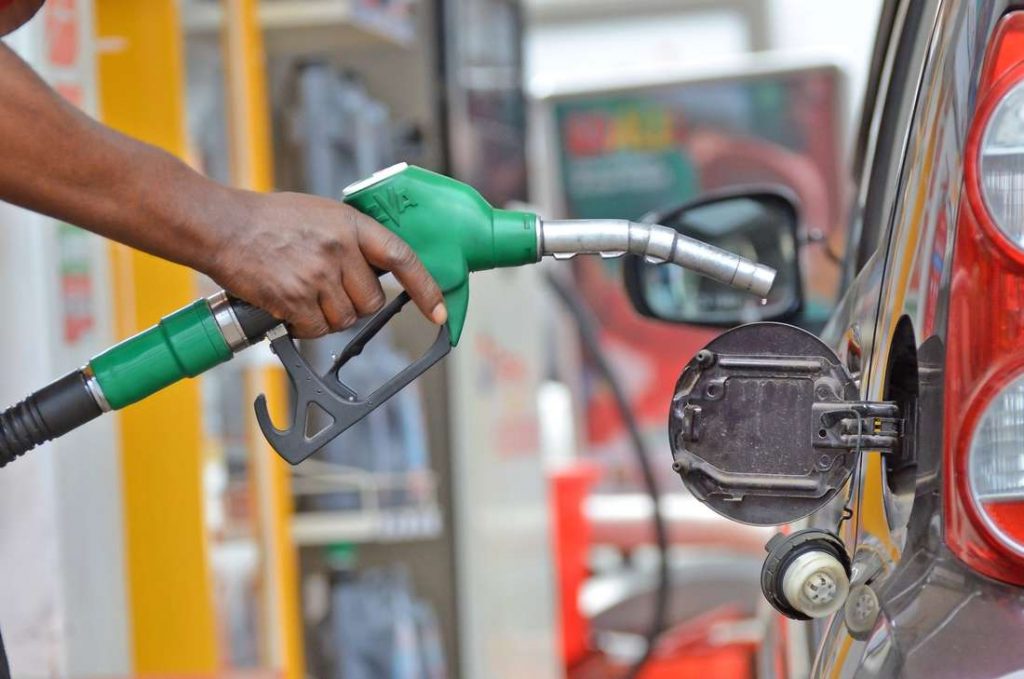Global fuel price rise under watch
The Malawi Energy Regulatory Authority (Mera) says it is closely monitoring the rising global fuel prices as well as the regional trends.
Published data from the Reserve Bank of Malawi (RBM) shows that in September this year, global Brent crude oil price rose by 9.1 percent to $94 (about K111 000) per barrel or 159 litres from $86.2 (about K102 000) per barrel recorded in the previous month.

Mera chief executive officer Henry Kachaje said in a written response yesterday that an appropriate determination will be made in due course.
He said the Price Stabilisation Fund (PSF), a fund created to absorb fuel price volatility, continues to “function well, with monthly collections of about K4 billion”.
For the 12th straight month, the energy regulator has kept the retail pump prices for both petrol and diesel at K1 746 ($1.6) per litre and K1 920 ($1.7) per litre, respectively.
During the review period, the Malawi kwacha has depreciated by 9.9 percent against the dollar and inflation rate has been steadily rising.
Consumers Association of Malawi executive director John Kapito said in an interview yesterday that the global fuel price increases have a huge impact on consumers because any rise in prices triggers hikes in prices of many goods and services on the local market.
He said: “We hope that the holding of fuel prices is based on cost and that we are using the formula that is approved.
“It will be economically disastrous if we are not following our laid fuel price formula.”
Kapito said the review of energy prices is central to protecting consumers, facilitating continued supply of energy commodities and promoting investment in the energy sector.
Currently, pump price adjustments, according to the automatic pricing mechanism, reflect changes in the value of In Bond Landed Cost (IBLC) of petroleum products and movements of the kwacha against the dollar.
To minimise the impact of frequent fuel price fluctuations on the international market, the automatic pricing system links pump prices to procurement costs and exchange rate movements with a plus-minus five percent of trigger band.
This means that any change in IBLC of more than five percent threshold should trigger a price adjustment.
Meanwhile, in sub-Saharan economies, price adjustments have varied, with some economies adjusting upwards while a few others have maintained their prices despite the rise in global Brent crude oil prices.
In September, retail pump price for petrol in South Africa were maintained $1.40 (about K1 652) per litre while diesel was at$1.33 (about K1 569)per litre while in Rwanda, petrol was at $1.37 (about K1 616) per litre while diesel was at $1.24 (about K1 463) per litre.
In Zambia, petrol price was maintained at $1.41 (about K1 663) while diesel was at $1.30 (about K1 534) per litre.
Tanzania, Botswana and Kenya also increased retail pump prices for both petrol and diesel.
In Tanzania, retail pump prices for petrol jumped from $1.30 to $1.31 per litre while diesel increased from $1.20 (about K1 416) per litre to $1.33 per litre.
Botswana also adjusted pump prices upwards in the review month to $1.18 (about K1 392) per litre from $1.10 (K1 298) per litre for petrol while diesel prices increased to $1.37 (K1 616)per litre from $1.22 per litre.
In Kenya, petrol prices were increased from $1.32 (K1 557) per litre to $1.34 (K1 581) per litre while diesel price was reduced to $1.22 (K1 439) per litre from $1.26 (K1 486) per litre.
The movement in prices in some countries makes Malawi to have one of the highest prices fuel.





